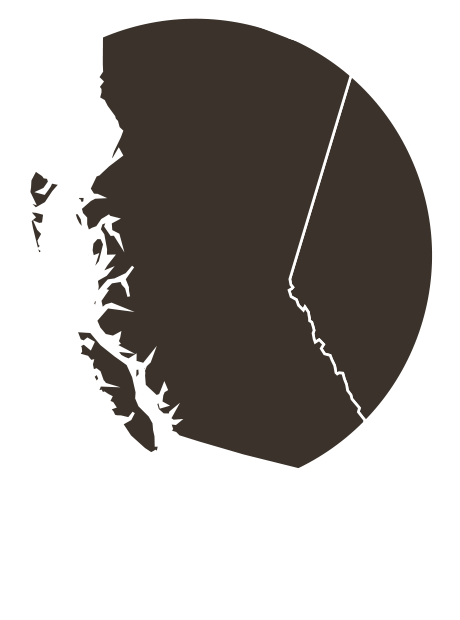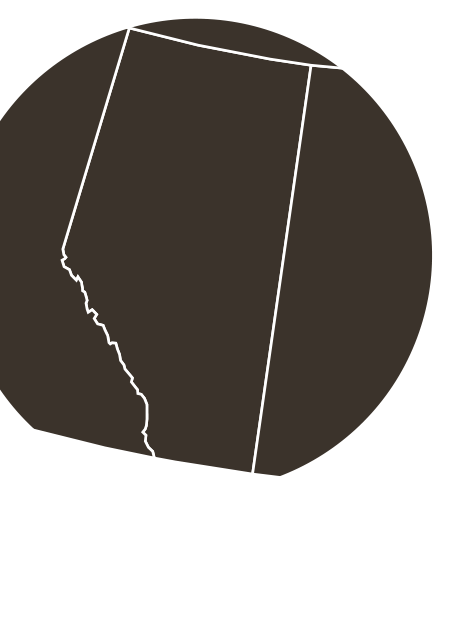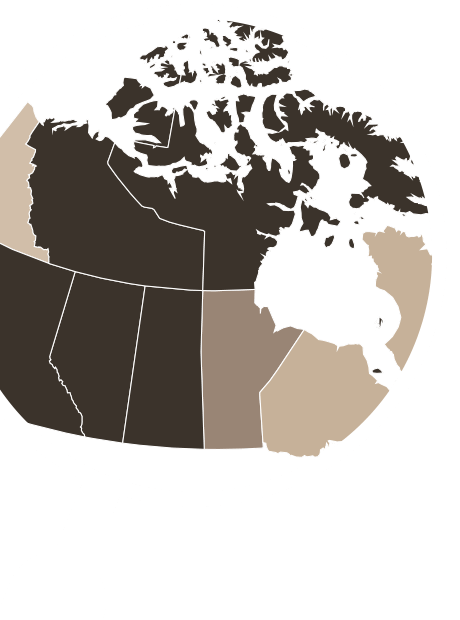
Conversion Therapy Laws in Canada
Explore the status of Conversion Therapy Legislation nationally, provincially, and by municipality. Start your tour below or jump to sections by navigating above.
Start Tour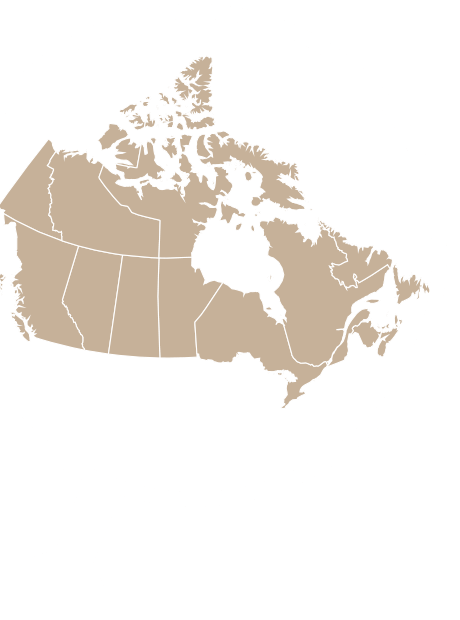
Internet gems
- Non Gamstop Betting Sites
- Casinos Not On Gamstop
- Casino Senza Autoesclusione 2025
- Gambling Sites Not On Gamstop
- Casinos Not On Gamstop
- Non Gamstop Casino
- Non Gamstop Casinos UK
- Non Gamstop Casinos UK
- Best Online Casinos
- Non Gamstop Casino UK
- Non Gamstop Casino Sites UK
- Casino En Ligne
- Gambling Sites Not On Gamstop
- Non Gamstop Casinos
- Non Aams Casino
- Non Gamstop Casino Sites UK
- UK Betting Sites
- Non Gamstop Casino Sites UK
- Sites Not On Gamstop
- Casino Sites UK Not On Gamstop
- Non Gamstop Casinos
- Casinos Not On Gamstop
- UK Casino Not On Gamstop
- Migliori Giochi Casino Online
- Non Aams Casino
- Meilleur Site Casino En Ligne Belgique
- Migliori Casino Online
- Visa Casino
- Meilleur Site De Paris Sportif
- Plinko Avis
- лучшие сайты для ставок
- Pari Sportif Crypto
- Meilleur Casino En Ligne 2026
- Migliori Casino Senza Verifica
- Casino En Ligne Fiable
- Siti Scommesse Non Aams
- オンカジ おすすめ
- Site De Casino En Ligne
- Casino Fiable En Ligne
The province currently has no legislation or formal policy prohibiting conversion therapy.
The province currently has no legislation or formal policy prohibiting conversion therapy.
The province currently has no legislation or formal policy prohibiting conversion therapy.
The province currently has no legislation or formal policy prohibiting conversion therapy.
Canada
Has Legislation
House of Commons
In December 2021, the House of Commons and the Senate of Canada unanimously passed Bill C-4: An Act to amend the Criminal Code (conversion therapy).
This new Bill responded to previous community concerns and significantly strengthened the legislation to include protections for both minors and adults.
Bill C-4 amends the Criminal Code of Canada to create the following new offences:
(a) causing another person to undergo conversion therapy;
(b) doing anything for the purpose of removing a child from Canada with the intention that the child undergo conversion therapy outside Canada;
(c) promoting or advertising conversion therapy; and
(d) receiving a financial or other material benefit from the provision of conversion therapy.
It also amends the Criminal Code to authorize courts to order that advertisements for conversion therapy be disposed of or deleted.
Bill C-4 An act to amend the Criminal Code (Conversion Therapy)
Senate of Canada
In December 2019, Bill S-202: An Act to amend the Criminal Code (conversion therapy) was introduced for a second time in the Senate of Canada, which sought to amend the Criminal Code to make it an offence to knowingly advertise conversion therapy services for consideration and/or receive a financial or other material benefit from the provision of conversion therapy to a person under the age of 18. If found guilty, a person is liable to possible imprisonment for a term of not more than five years.
Bill S-202 did not move forward as it was replaced when Bill C-8, and then Bill C-6, and Bill C-4 were introduced in the House of Commons. Bill C-4 would eventually pass with unanimous consent.
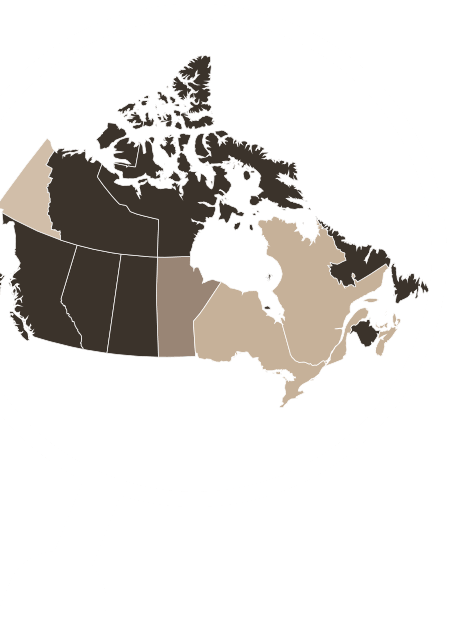
The province currently has no legislation or formal policy prohibiting conversion therapy.
The province currently has no legislation or formal policy prohibiting conversion therapy.
The province currently has no legislation or formal policy prohibiting conversion therapy.
The province currently has no legislation or formal policy prohibiting conversion therapy.
Provinces / Territories
View the legislation status of individual Provinces and Territories.
Currently, 5 provinces and territories have passed legislation to prohibit conversion therapy. These include Ontario, Nova Scotia, Prince Edward Island, Yukon, and Quebec.
British Columbia, Alberta, Saskatchewan, Manitoba, Newfoundland and Labrador, New Brunswick, Nunavut, and the Northwest Territories currently have no government legislation prohibiting conversion therapy.
Click on the dots to view the current status of legislation for each province and territory.
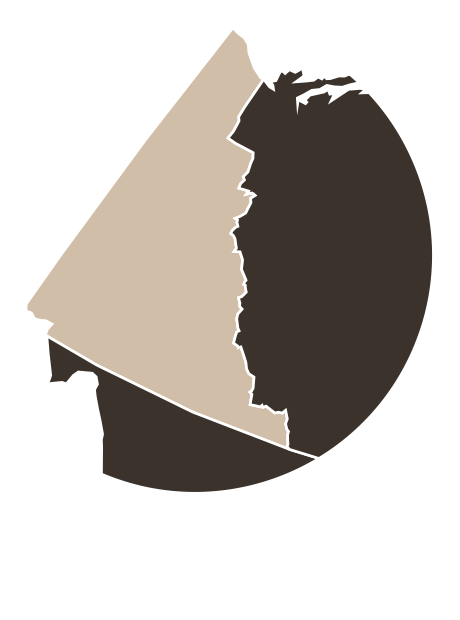
Yukon
Has Legislation
In November 2020, the Yukon Government unanimously passed the Sexual Orientation and Gender Identity Protection Act. The Act prohibits conversion therapy from being provided to minors (under the age of 19) or to adults for whom there is a court-appointed guardian; identifies that a substitute decision-maker does not have authority to consent to conversion therapy for a person; and makes clear that conversion therapy is not an insured health service. The Act also allows for a fine of up to $10,000 or imprisonment for up to six months, or both.
British Columbia
No Legislation / Policy
In Fall 2021, the BC Green Party introduced a new version of a “Sexual Orientation and Gender Identity Act” as a members’ bill. This updated bill prohibits all forms of conversion practices, which seek to change, discourage, or repress a person’s sexual orientation, gender identity, gender expression, gender modalities or intersex traits, regardless of that person’s age. The bill also prevents conversion practices within any hospital or professional service or by any person in a position of trust or authority. It delineates that no public funds can be used to support conversion practices. The bill would also prohibit the sale, promotion or advertising of conversion practices and would allow damages for any resulting bodily damage or mental injury caused by a conversion practice.
The member’s bill was not supported by the NDP government and died with the end of the fall legislative session.
Bill M 204 – 2021 Sexual Orientation and Gender Identity Protection Act
Alberta
No Legislation / Policy
The province currently has no legislation or formal policy prohibiting conversion therapy.
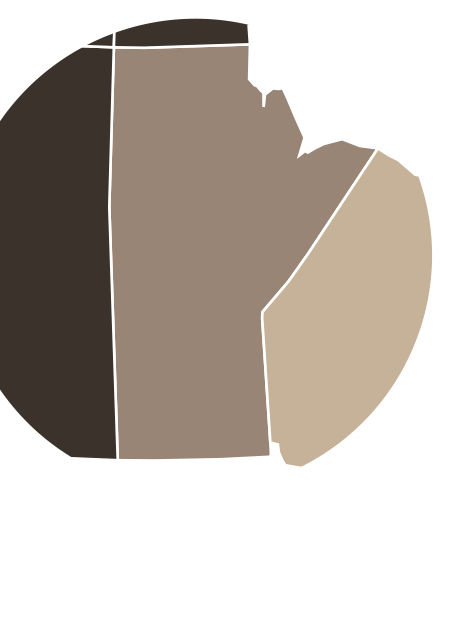
Manitoba
Has Policy
In 2015, the Manitoba Ministry of Health, Seniors and Active Living issued a policy position on conversion therapy, which states “It is the position of the Manitoba government that conversion therapy can have no place in the province’s public health-care system. Therefore, Manitoba Health, Seniors and Active Living expects the province’s regional health authorities and health profession regulatory colleges to ensure that conversion therapy is not practiced in Manitoba’s health-care system.”
Manitoba Health, Seniors and Active Living – a policy position statement
Ontario
Has Legislation
In 2015, the Legislative Assembly of the Province of Ontario passed the Affirming Sexual Orientation and Gender Identity Act, which amended the Health Insurance Act and the Regulated Health Professions Act regarding efforts to change sexual orientation or gender identity. The legislation states that efforts to change a person’s sexual orientation or gender identity will not be insured services and no person shall, in the course of providing health care services, provide any treatment (without consent) that seeks to change the sexual orientation or gender identity of a person under 18 years of age. Substitute decision makers are not allowed to provide consent on any person’s behalf.
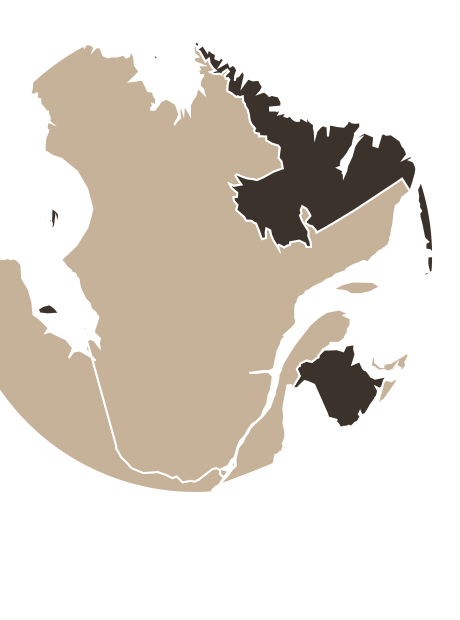
Quebec
Has Legislation
In December 2020, the Quebec National Assembly unanimously adopted Bill 70: An Act to Protect Individuals Against Conversion Therapies Available to Change Their Sexual Orientation, Gender Identity or Gender Expression. This Act, which is among the most comprehensive in Canada, prevents anyone by contract, whether for a consideration or free of charge, to provide conversion therapy to a third party regardless of age. Fines range from $5,000 to $50,000 for a natural person, and $15,000 to $50,000 in other cases. For repeat offenses, fine amounts are doubled. The Act also allows anyone who has undergone conversion therapy to obtain reparation for resulting bodily or moral injury. Lastly, the Act amends the Quebec Professional Code to specify that any professional who offers conversion therapy constitutes an act derogatory to the dignity of the profession.
New Brunswick
No Legislation / Policy
In March 2020, the Sexual Orientation and Gender Identity Protection Act was introduced as a private member’s bill, which states that conversion therapy is not a paid or reimbursable service, restricts the use of public funds, and prohibits all health professionals from providing a practice that would constitute conversion therapy to a person under 19 years of age. In addition, no parent, guardian, or substitute decision maker shall give consent on a minor’s behalf. A person in a position of trust or authority in relation to a minor shall not provide, promote, or fund conversion therapy to the minor.
This private member’s bill did not move past first reading and was lost when a provincial election was called in September 2020.
Prince Edward Island
Has Legislation
In 2019, the Legislative Assembly of the Province of Prince Edward Island passed the Sexual Orientation and Gender Identity Protection Health Care Act, which states that conversion therapy is not a basic or insured health care service, restricts any public payments, and prohibits any person (registrant, health corporation, medical personnel, psychologist, or regulated health professional), from providing conversion therapy to a person under the age of 18 years. The Act also prohibits a person from giving consent in respect of the provision of conversion therapy on behalf of a patient who is incapable.

Nova Scotia
Has Legislation
In 2018, the General Assembly of Nova Scotia passed the Sexual Orientation and Gender Identity Protection Act, which protects Minors (under 19 years of age) from damaging efforts to change their sexual orientation or gender identity.
The Act prohibits the expenditure of any public funds or the billing of insured services on conversion therapy and restricts any regulated health professional from providing any services with the objective of changing the sexual orientation or gender identity of a minor. The Act also clarifies that no parent, guardian, person in a position of trust, or substitute decision maker, can give consent on a behalf of a minor to undergo change efforts.
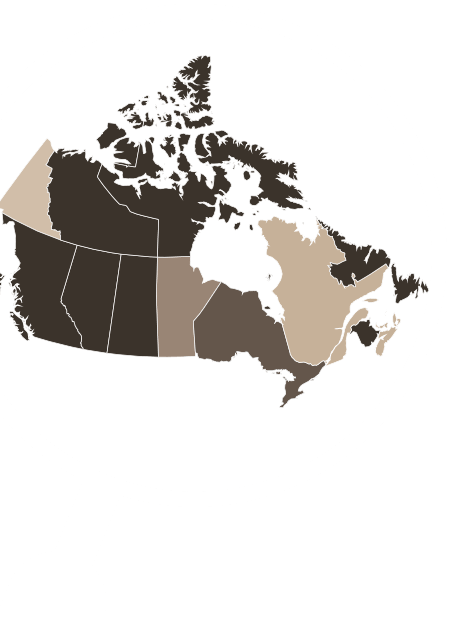
Municipalities
Click on the dots to view the current status of conversion therapy prohibition legislation for municipalities across Canada.
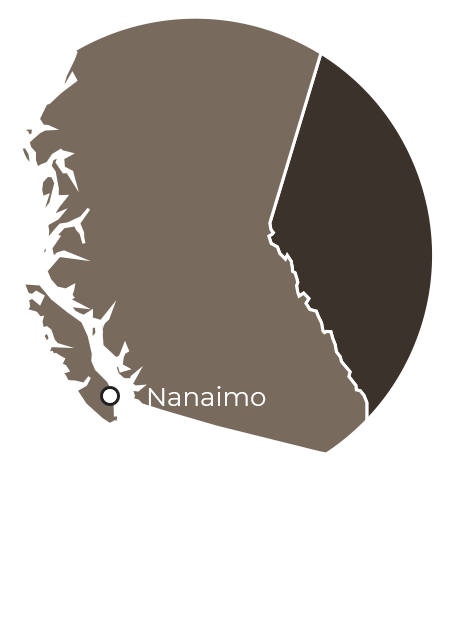
Nanaimo
In Progress
In March 2021, the City of Nanaimo’s Advisory Committee on Accessibility and Inclusiveness unanimously recommended a ban on conversion therapy. In support of this recommendation, City Council voted to direct city administration to prepare a report outlining available options to support a municipal ban.
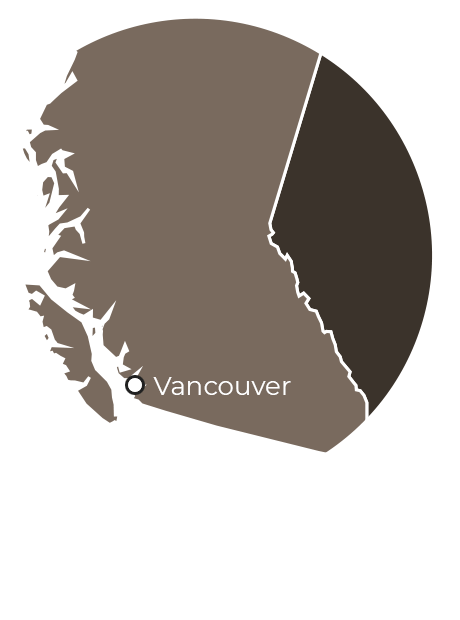
Vancouver
Has Legislation
In June 2018, Vancouver became the first municipality in Canada to pass legislation prohibiting conversion therapy. Vancouver amended an existing Business Prohibition Bylaw to prohibit charging a fee for any services that seek to change the sexual orientation or gender identity of any person.
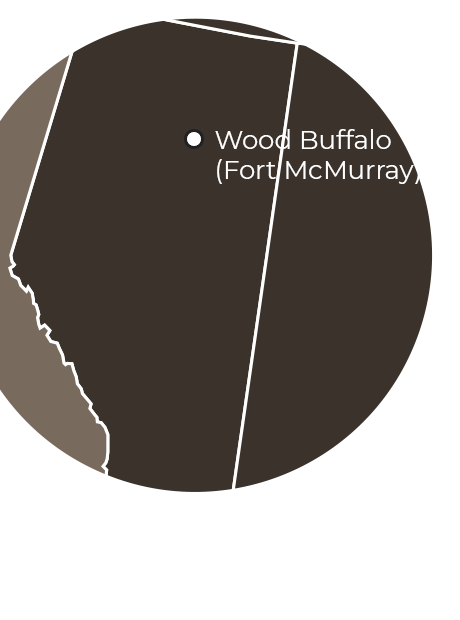
Wood Buffalo (Fort McMurray)
Has Legislation
In January 2020, the Regional Municipality of Wood Buffalo (“Fort McMurray”) adopted a Conversion Therapy Bylaw prohibiting the provision, performance, or imposition of conversion therapy on any person. In addition, the bylaw also prohibits the advertising of conversion therapy to minors. The bylaw also includes a fine of not less than $1,000 and not exceeding $10,000 and to imprisonment for not more than 6 months for non-payment of a fine.
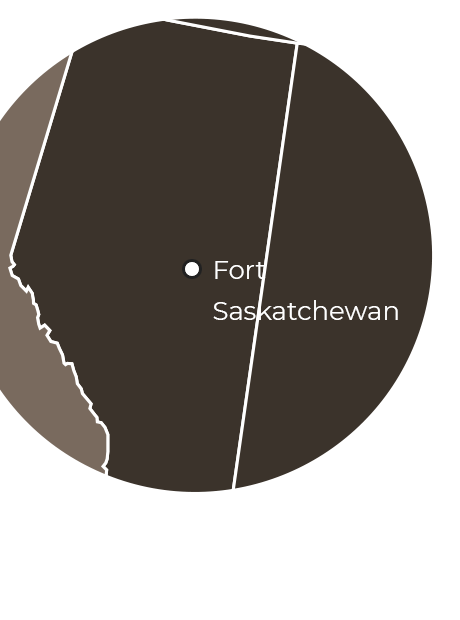
Fort Saskatchewan
Has Legislation
In July 2021, Fort Saskatchewan City Council unanimously passed a comprehensive Conversion Therapy Prohibition Bylaw. They bylaw prevents any “business” from advertising or providing conversion therapy practices, regardless of age, with fines of up to $10,000. The bylaw also restricts the use of city grants, funding, facilities, donations to any persons or businesses that perform conversion therapy.
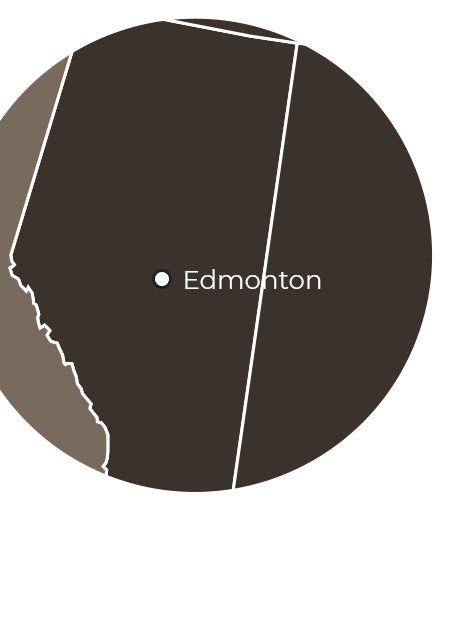
Edmonton
Has Legislation
In December 2019, Edmonton adopted a Prohibited Business Bylaw with the purpose of prohibiting certain businesses and business activities. Conversion therapy is identified as a prohibited business, activity, or service. The bylaw also includes a fine of not less than $10,000.

St. Albert
Has Legislation
In December 2019, St. Albert passed a Conversion Therapy Prohibition Bylaw prohibiting the operating of a conversion therapy business, activity, or service and restricts the advertisement of conversion therapy for minors. The bylaw also includes a fine of not less than $10,000.00 or imprisonment for not more than one year, or both.
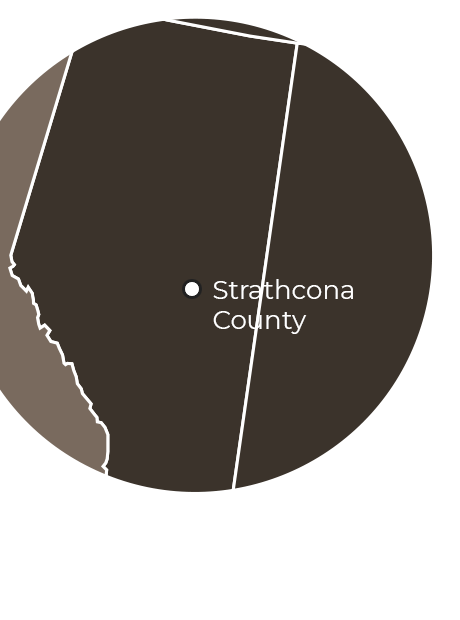
Strathcona County
Has Legislation
In September 2019, Strathcona County (“Sherwood Park”) became the first in Alberta to adopt a Conversion Therapy Prohibition Bylaw. This bylaw restricts the practice of conversion therapy on minors, protects all persons from unwanted conversion therapy, and prohibits the advertising of conversion therapy. The bylaw also includes a fine of not less than $10,000.
Additionally, Strathcona County adopted an Opposition to Conversion Therapy governance policy. This policy restricts the use of County grants, funding, facilities, donations, or other contributions, whether financial or otherwise, to organizations that currently promote or practice conversion therapy.

Beaumont
Has Legislation
In November 2020, Beaumont City Council unanimously passed a Conversion Therapy Prohibition Policy and Bylaw. The policy restricts the use of any city resources, advertising, funding, grants, donations, or use of city facilities to any organizations that currently promote or practice conversion therapy. The bylaw prohibits the business practice of conversion therapy, including a $10,000 fine for those advertising or offering conversion therapy services.
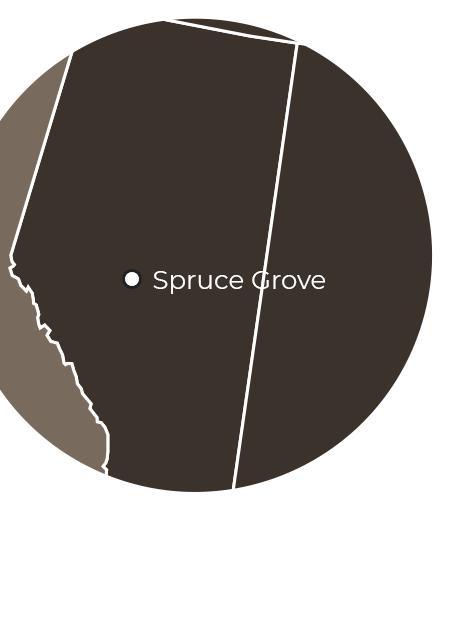
Spruce Grove
Has Legislation
In April 2020, the City of Spruce Grove, passed a Conversion Therapy Prohibition Bylaw, which prevents advertising and the operation of any conversion therapy business, activity, or service with a potential fine not exceeding $10,000.

Rocky Mountain House
Has Legislation
In February 2020, the Town of Rocky Mountain House adapted an existing Business License Bylaw to regulate, license, and prohibit any conversion therapy business, service, or activity. They bylaw also includes a specified fine of $10,000 and in default of payment of a fine, imprisonment for up to 6 months.
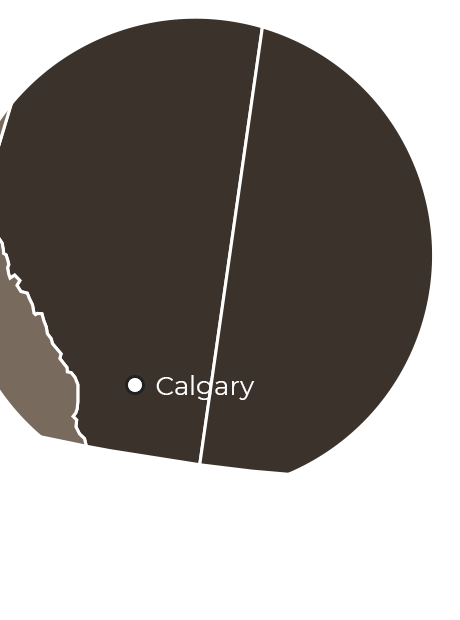
Calgary
Has Legislation
In May 2020, Calgary City Council voted to prohibit the business practice of conversion therapy, including a $10,000 fine for those advertising or offering conversion therapy services.

Lethbridge
Has Legislation
In July 2020, Lethbridge City Council passed a Conversion Therapy Prohibition Bylaw, which prohibits the business practice of conversion therapy. The Bylaw includes a maximum fine of $10,000, and, in default of payment, imprisonment for a period not exceeding 6 months.
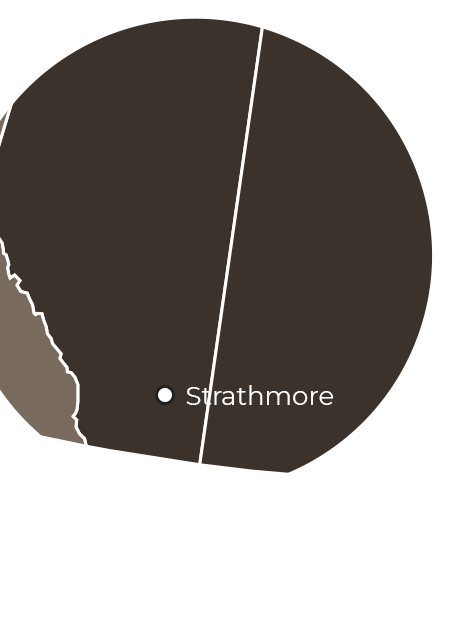
Strathmore
Has Legislation
In July 2021, the Town of Strathmore passed a comprehensive conversion therapy prohibited businesses bylaw, which prevents the advertising or offering of any conversion therapy practices. The bylaw includes a fine of up to $10,000 for each offence.

Saskatoon
Has Legislation
In February 2021, Saskatoon City Council voted 10-1 in favour of a new conversion therapy business prohibition bylaw, which incudes fines of up to $10,000 (for individuals) and $25,000 (for corporations) for each day the offence continues. Saskatoon becomes the first municipality in Saskatchewan to pass a conversion therapy prohibition bylaw.
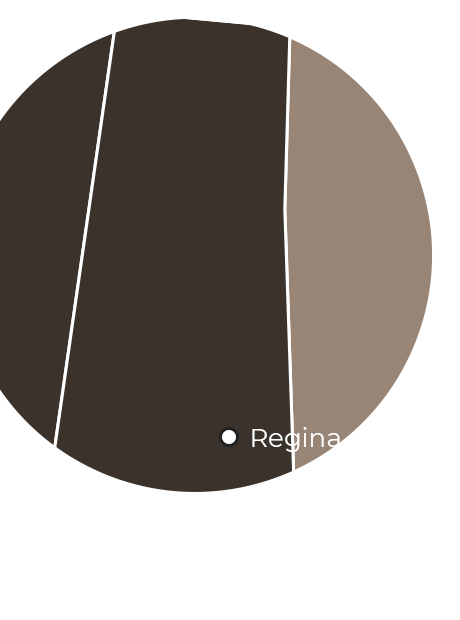
Regina
Has Legislation
In August 2021, Regina City Council voted in favour (9-1) of a new conversion therapy business prohibition bylaw, which includes fines of up to $10,000 (for individuals) and $25,000 (for corporations) who engage in conversion therapy practices. Regina is the second municipality in Saskatchewan to pass a conversion therapy prohibition bylaw.
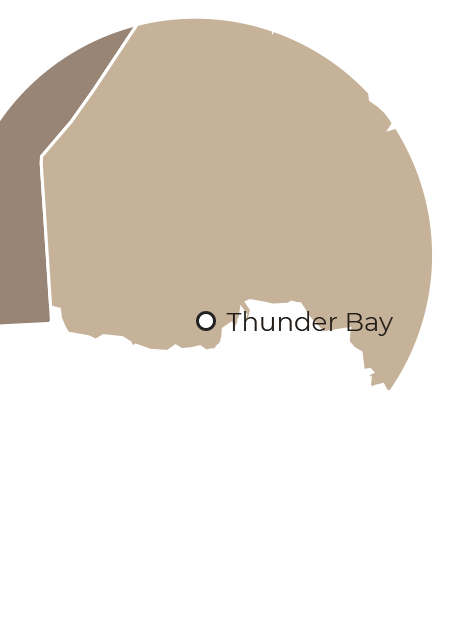
Thunder Bay
In July 2021, Thunder Bay City Council voted unanimously in favour of encouraging the Federal Government to pass Bill C-6, which would amend the Criminal Code of Canada to include conversion therapy related offences. The Notice of Motion also directed City Administration to research and prepare a report with options available to prohibit the practice and advertising of conversion therapy in the City of Thunder Bay. Administration was directed to report back to City Council on or before March 31, 2022 with recommendations.
Kitchener
In Progress
In November 2021, Kitchener City Council unanimously passed an extensive motion formally denouncing conversion practices as dangerous and harmful and issued a directive to the city administration to bring forward a report outlining legislative and/or policy actions that could be taken by the municipality to further prohibit conversion practices. The motion also called for the newly elected Liberal federal government to bring forward a new conversion therapy prohibition bill within the first 100 days of their mandate and requested the City’s Office of Equity, Anti-Racism and Indigenous Initiatives to explore ways to support conversion therapy survivors and those at risk.
Kingston
No Legislation / Policy
In January 2022, citing the recent passage of Bill C-4, City Council elected not to pursue a local conversion therapy prohibition bylaw. However, Council did vote in favour of providing $20,000 per year for the next three years to support victims of conversion therapy with an emphasis on public health and faith-based communities.
Montreal
No Legislation / Policy
In August 2019, Montreal City Council introduced a declaration to prohibit conversion therapies to (1) denounce the practice of conversion therapy; (2) ask the Government of Canada to criminalize conversion therapy and for the Government of Quebec to take necessary measures to end conversion therapy; (3) reiterate support for Montreal’s LGBTQ+ communities; and (4) to continue to raise awareness about the importance of fighting against all forms of discrimination against members of LGBTQ+ communities. The declaration was adopted unanimously.
Saint John
In Progress
In January 2020, Saint John City Council voted to direct the City Solicitor’s office to draft a bylaw to ban conversion therapy and present it back to Council before the end of the year.
 Back to Beginning
Back to Beginning


Developed by Dr. Kristopher Wells, Canada Research Chair for the Public Understanding of Sexual and Gender Minority Youth, MacEwan University. This research was undertaken, in part, thanks to funding from the Canada Research Chairs program.
